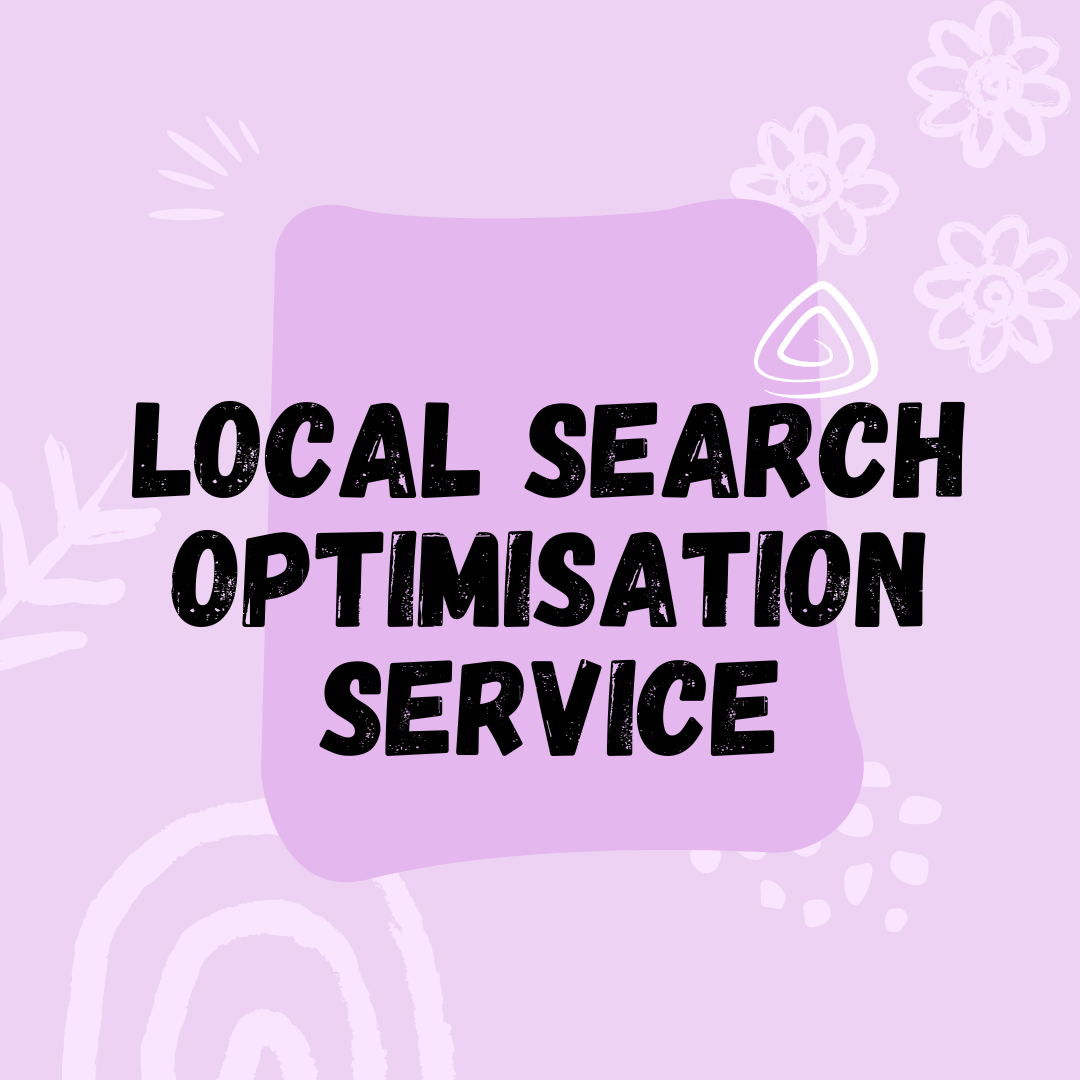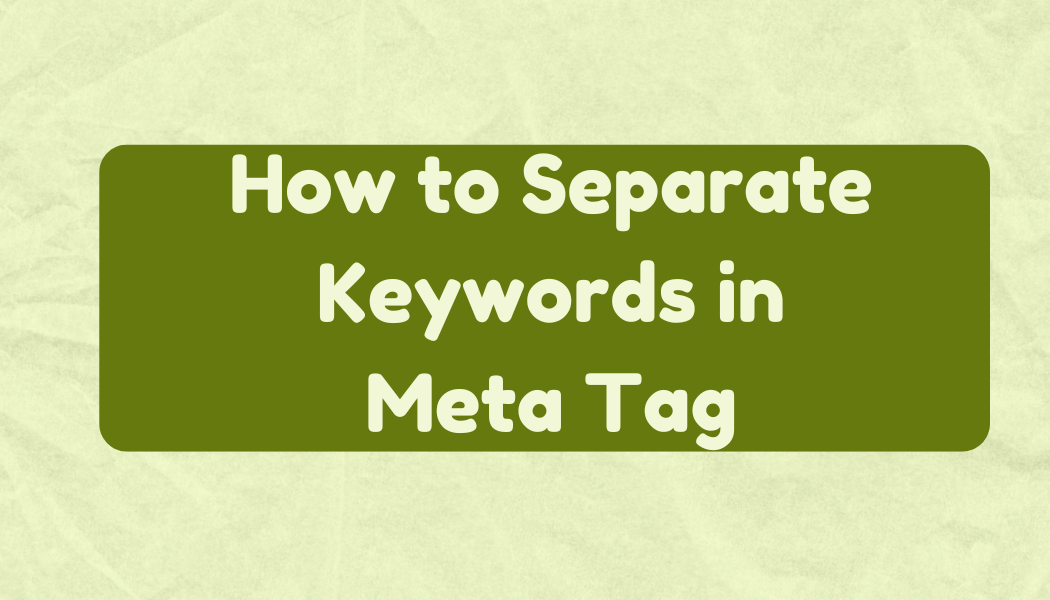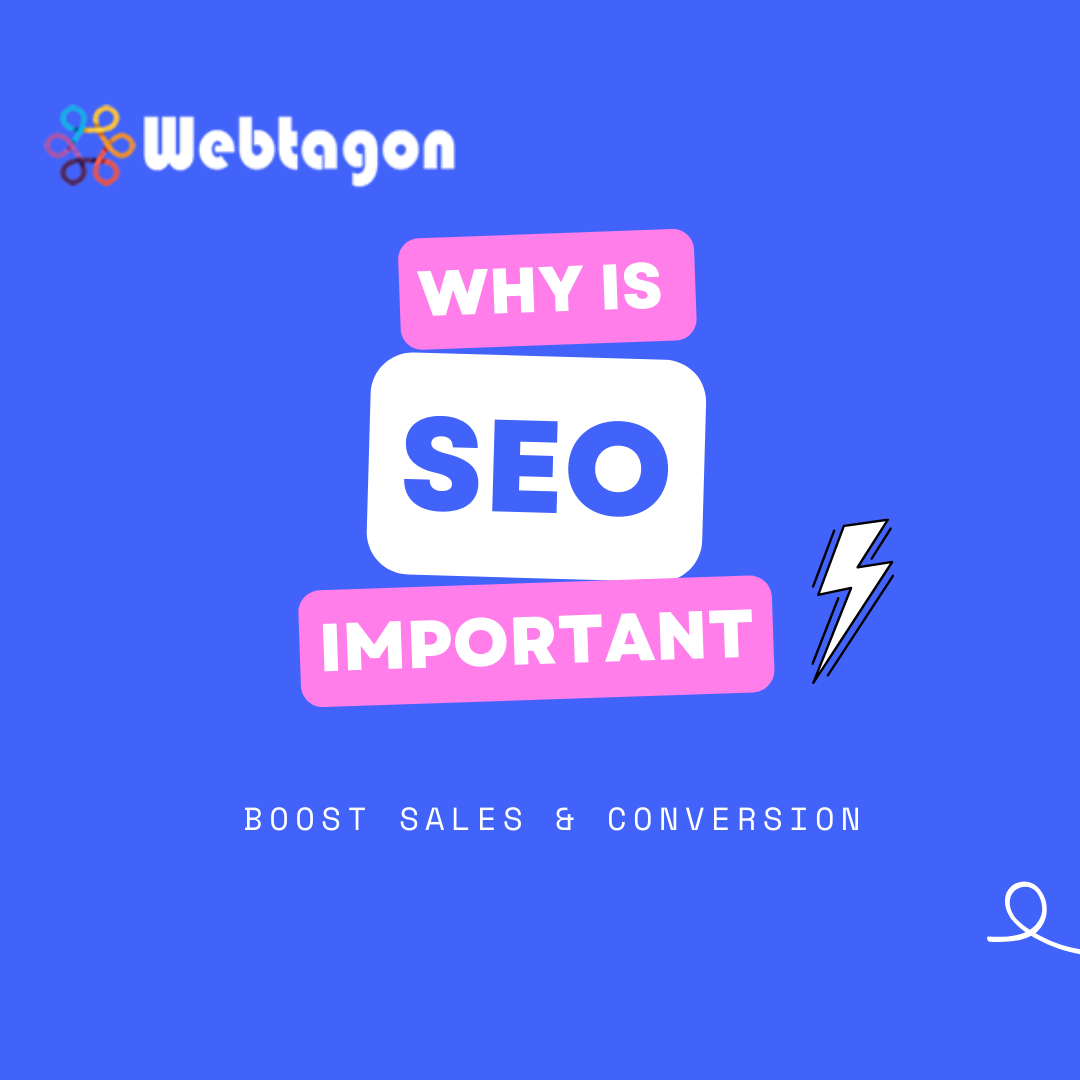Are you a local business that is struggling to gain visibility online?
Webtagon understands that in today’s digital world, having an appealing online presence is essential for getting new clients and increasing revenue with local search optimisation service.
That is why we provide a thorough local search optimisation service to assist you in ranking better in local search results and increasing your business’s visibility to prospective clients in your region.
How to do local search optimisation service
1· Google Business Profile Optimisation
Consider Google My Business (GMB) as your online shop. It’s free to register and lets you choose how your business appears in Google Search and Maps. Here you can:
- 1. Update your business name, address, and phone number (NAP) and ensure that this information is consistent across all platforms.
- 2. Include high-quality images and videos of your business.
- Write a straightforward description of your services and what sets you apart.
- 3. Create a list of your operating hours and update them for significant events.
- 4. Encourage consumers to submit feedback—positive reviews can significantly boost your visibility.
2· Local keyword research
Local Keyword Research Webtagon does wide local keyword research to help you improve your website and online listings for local searches.
We analyze the most relevant and high-volume keywords that potential consumers in your region use to find companies similar to yours.
By properly adding these local keywords across your online presence, we can boost your visibility in local search results.
3· Managing listings and local citations
Citations are online citations of your business’s name, address, and phone number (NAP) in various directories and websites.
Having regular and accurate NAP citations on the web is an important ranking element in local SEO.
We can assist you with claiming and managing your listings in appropriate directories, as well as ensuring that your NAP information is consistent across all platforms.
4· On-page SEO for local businesses
On-page SEO refers to improving your website’s content for local searches. Webtagon can help you use relevant local keywords in your website’s title tags, meta descriptions, and content.
This includes establishing local landing pages for the services you provide in your area.
5· Local link building
Creating high-quality local links is another important tool in your local SEO strategy toolbox·
Acquiring links from local websites and directories might help businesses rank better in local search results·
6· Reputation management
Reputation Management In today’s digital age, online critiques are extremely important in forming the image of your business and exposure to it.
Positive reviews may help you not only enhance your local search rankings but also build trust and credibility with prospective clients.
We can help you encourage pleased consumers to submit reviews on key sites like Google and Facebook, thus increasing your online reputation and exposure.
7· Local content creation
Creating high-quality, useful material specifically for your local audience is an excellent strategy to boost your local SEO.
8· Reporting and insights
Tracking your progress as well as assessing the outcomes of your local SEO efforts is important.
We can give you frequent statistics and insights into your local SEO performance, allowing you to see how your rankings and traffic improve over time.
Benefits of Local Search Engine Optimization
Local SEO is a vital component of Internet marketing· A few benefits of local SEO are:
- 1. Increased local visibility
- 2. Ability to target consumers searching on desktop and mobile devices
- 3. Improved is on search engine result pages
- 4. Higher conversion rate·
- 5. Improved exposure for individuals searching
Including local SEO in your internet marketing approach should not be considered a choice, but rather a must·
Take advantage of this chance and be available to your ready-to-buy customers who are close by before your competition takes them all·
Local SEO tips small businesses
1· Optimize for Google My Business·
Google My Business has climbed to the very top of the local search rankings·
Because Google willingly promotes, validates, and shares its information, Google My Business is an excellent tool for helping your company achieve Google’s requirements·
2· Engage on social media and add posts to Google My Business·
Google views social media material to be more significant than ever·
Now that you’ve created a great Google My Business page, promote it on social media to better align social and search·
3· Ensure your name, address, and phone number are consistent online·
You’ve got to make it easy for people and search engines to find you, and to do this you have to set up your NAP·
The abbreviation NAP refers to a company’s name, location, and phone number (including area code)·
Your NAP should be deemed crawlable HTML content on your website so that Google can show it more accurately in location-based search results·
4· Optimize online directories and citations·
Consistency is essential: ensure that your citations are consistent and complete across all four data aggregators·
Misspellings, abbreviations, a lack of a suite number, or an erroneous phone number can all cause problems·
If Google struggles to identify which information about your company is correct, your company could be missing in search results at all·
5· Perform a local SEO audit·
Once you’ve mastered the essentials, it’s tempting to slow down· However, SEO is a continuous and intuitive activity·
Instead of stopping there or simply making changes and seeing what sticks, it is beneficial to do a thorough audit to determine where your website stands and what you need to work on to meet your objectives·
6· Include location pages on your website·
If you have more than one physical location, build location pages·
Location pages include your name, location, phone number, store hours, unique business descriptions, parking/transit information, specials, and customer comments·
7· Create local content·
Google is becoming smarter, which implies that content creators may now write more for consumers rather than search engines·
And, while writing about wide themes will draw a large audience, it is often more vital to narrow your emphasis and write about local or industry news to reach a local audience·
Promote local industry events, news, employees, and other educational information on your blog to establish yourself as the local expert in your field· Consider creating top-of-funnel content that extends beyond what your company offers·
8· Get inbound links with relevance and authority·
incoming links are enticing possibilities to improve your local SEO – each incoming link shows Google that you are a reputable business, and they may help increase your domain authority·
Being a guest blogger might also help you get more links· Positively speak to or about others in your field, and serve as a resource for the community·
If you actively participate in community conversations, the buzz surrounding you builds in the form of inbound links, social media activity, and media attention·
9· Participate in your local community·
The more you contribute to your local community, the more digital publicity you’ll get·
Partnering with a nonprofit on a campaign, hosting a volunteer day at your company, sponsoring an event (even an online one!), or presenting in the local media as an industry expert are all methods to gain press, brand recognition, and inbound connections·
How to get local SEO clients
Optimize your website for local SEO keywords related to the services you offer and the areas you serve· This helps potential clients find you when searching online·
1· Claim and fully complete your Google Business Profile (formerly Google My Business) listing· Add photos, operating hours, services offered, and encourage reviews·
2· Get listed in online local business directories like Yelp, Yellowpages, etc· Make sure your NAP (name, address, phone number) is consistent everywhere·
3· Do local link building by getting listings and links from local chambers of commerce, city guides, sponsoring local events, etc·
4· Create localized content around neighborhoods, cities, and regions you want to target· Blogs, videos, and local landing pages all help·
5· Use local schema markup on your website to explicitly show Google your business location(s)·
6· Sponsor or get involved with local community events, charities, and organizations to get your name out there·
7· Use Google Ads and social media advertising to geo-target your ideal local customers·
8· Reach out directly to local businesses through email, phone, or in-person and offer free site audits to get conversations started·
9· Get reviews from past and current local clients you’ve successfully worked with to build social proof·
Conclusion
Local SEO is a necessary component of any SEO plan for local businesses·
If you have a storefront or service area, local SEO may help your target audience find you when they search online·
We hope you find this essay useful in your efforts to establish brand awareness and authority on the Internet ·
Implementing these measures will significantly improve your local search ranking and bring additional clients to your business.
If you need assistance navigating the complexity of local SEO, Webtagon’s team of experts can develop a customized local SEO plan to get your business recognized by more local customers.
Frequently Asked Questions
1· What is a local search optimisation service?
local search optimisation service focuses on clients in a specific region or service area to increase a company’s online visibility· Citations.
Google My Business profiles, and location-targeted content are common examples of localized ranking signals·
2· What is the difference between local SEO vs global SEO?
Local SEO is essential for businesses with a physical presence that target a specific area·
Global SEO is essential for companies looking to expand their presence beyond their local market·
Understanding the variations between SEO, local SEO, and global SEO is important for successful digital marketing·
Why do local search optimisation service?
Local SEO, or Search Engine Optimization, is a specific method to increasing the visibility of your business exposure in search results, with a particular emphasis on clients in your local region·
With the majority of people shopping online for local services, it is more necessary than ever to differentiate your business from the competition·



